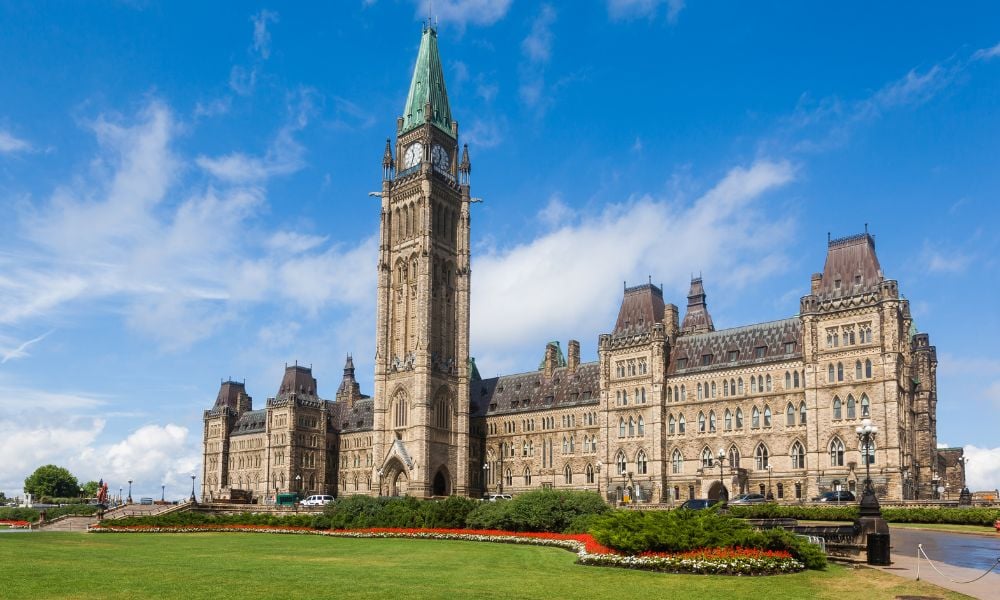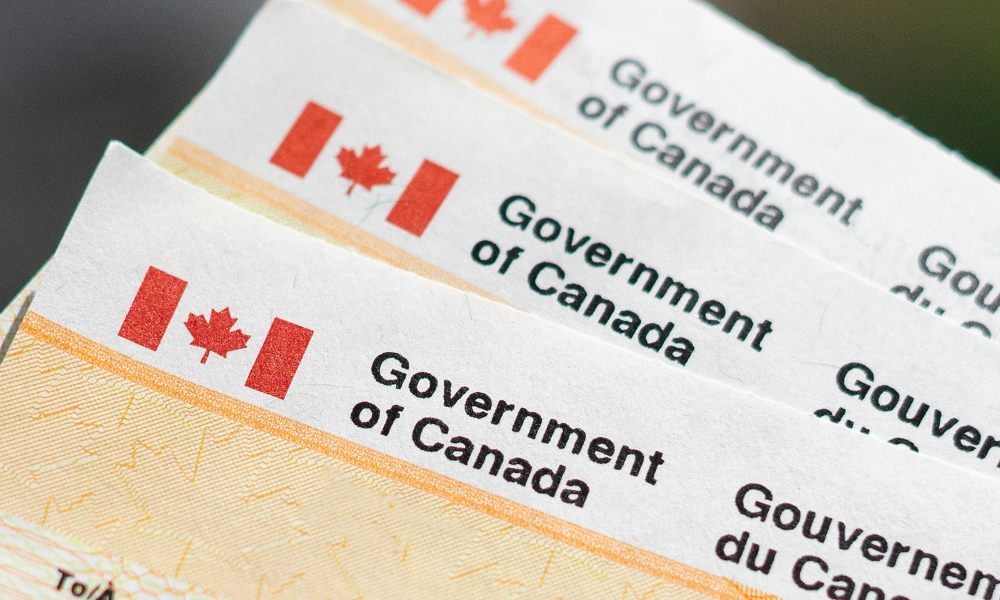Ottawa claims it has presented union with 'fair, competitive offer' and 'responded to all demands'

More than 155,000 Public Service Alliance of Canada (PSAC) members working for Treasury Board and Canada Revenue Agency will be in picket lines as they begin their strike action today.
Strike action began at 12:01am ET April 19 – setting the stage for one of the largest strikes in Canada’s history.
“We truly hoped we wouldn’t be forced to take strike action, but we’ve exhausted every other avenue to reach a fair contract for Canada’s Federal Public Service workers,” says Chris Aylward, PSAC national president. “Now more than ever, workers need fair wages, good working conditions and inclusive workplaces. And it’s clear the only way we’ll achieve that is by taking strike action to show the government that workers can’t wait.”
The union is pushing through with the labour action after Ottawa failed to meet the PSAC’s demands past 9 p.m. ET on April 18.
PSAC will be setting up picket lines in more than 250 locations across the country, and members can find the picket line nearest to them using PSAC’s picket line finder tool.
The union previously said that remote members must join striking workers in picket lines. This, however, will be a problem for those who were hired in the middle of the pandemic and have never reported to work in an office since, says Rich Appiah, an employment and labour lawyer based in Toronto, in a CBC report.
‘Fair, competitive offer’
Meanwhile, the Treasury Board of Canada Secretariat is calling on PSAC to come back to the bargaining table.
“We call on the PSAC to work with us to build on the progress we’ve already made so workers can get back to delivering the important services Canadians rely on,” it says.
With the strike, Canadians can expect to see slowdowns or a shutdown of services nationwide, including a halt on tax-season preparations, disruptions to EI, immigration and passport applications, interruptions to supply chains and international trade at ports, harbours, and airports and slowdowns at the border with administrative staff on strike, according to the union.
The Secretariat claims that the government “has done everything it can to reach a deal and avoid disrupting the services that Canadians rely on”.
It says that the government has presented “a fair, competitive offer to the PSAC and responded to all their demands”. This includes a nine per cent wage increase over three years, and proposals on other important PSAC priorities, such telework, shift premiums, improved leave with pay for family-related responsibilities and measures to support employment equity and diversity and inclusion.
“Even though there is a competitive deal on the table, the PSAC continues to insist on demands that are unaffordable and would severely impact the Government’s ability to deliver services to Canadians,” the Secretariat says.
Despite some ongoing movement at the bargaining table on key issues by both sides, however, PSAC decided to proceed with a nation-wide general strike, the Secretariat says.
“Our goal has always been to reach agreements that are fair and competitive for employees, and reasonable for taxpayers. While we recognize and respect the right to strike, a strike should always come as a last resort.”
Government employees across Canada working in federal, provincial and municipal sectors, are being paid considerably higher wages than private sector workers, according to a previous report from the Fraser Institute.




